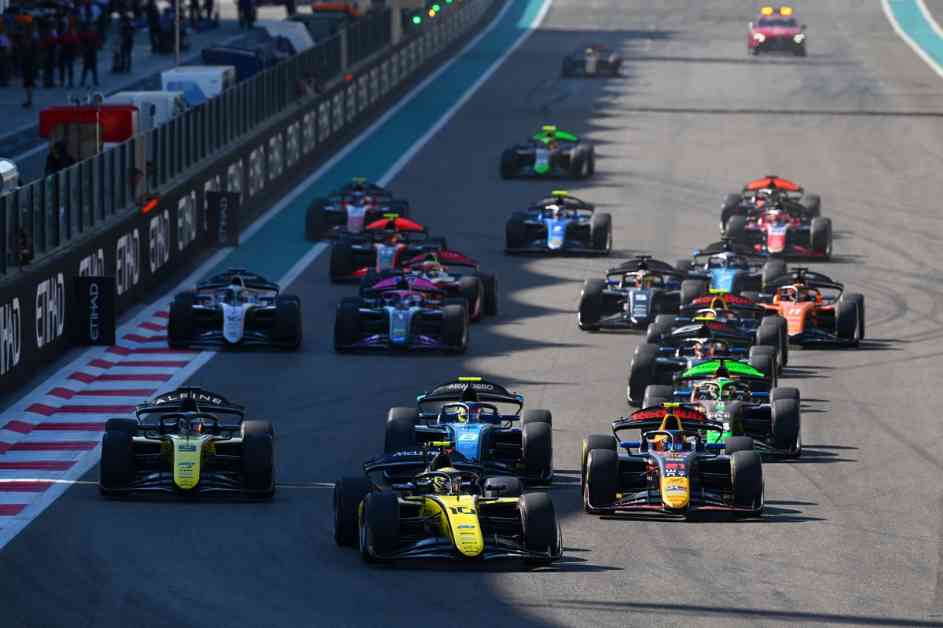The Future of Hybrid Power in F2 Racing: What to Expect
Formula 2 CEO Bruno Michel has recently stated that it would be “impossible” for the championship to transition to a hybrid powertrain in the future. With Formula 1 taking the lead in implementing hybrid technology in single-seaters and IndyCar following suit, the importance of introducing these advancements at a junior level is becoming increasingly evident.
The Financial Considerations
Michel explained, “What Formula 1 has in terms of hybridization is not something that we could afford. It is very simple. It is impossible, otherwise we would multiply the cost of a season by three.” Despite discussions with IndyCar on the adaptability of their hybrid system, the cost-benefit analysis did not align with F2’s goals. The decision was made to pursue a more sustainable approach with fuel, setting them apart in the category.
Shift Towards Sustainable Fuel
Currently, F2 operates using 55% sustainable Aramco fuel, but this percentage will rise to 100% next year, preceding F1’s change in 2026. Michel confirmed, “We are going with 100% sustainable fuel next year, still biofuel. We are going to be the first to use synthetic fuel very, very soon after, and that is the approach that we are taking.” This shift will necessitate modifications to fuel injection systems and engine components to accommodate the new fuel requirements.
Engine Development and Adaptations
Michel emphasized the ongoing improvements and work being done on the engine for the upcoming season. He mentioned, “We will have an engine next year in F2 which is a little bit different from the one we have this year, and we are also doing development to accommodate the Aramco fuel, because we are going to 100% sustainable fuel for next year.” These changes signify a proactive approach towards sustainability and technological advancements in F2 racing.
By embracing sustainable fuel sources and focusing on engine development, Formula 2 is poised to lead the way in environmentally conscious racing practices. While the transition to hybrid power may not be feasible at the moment, the commitment to sustainability and innovation sets a promising trajectory for the future of F2 racing.












